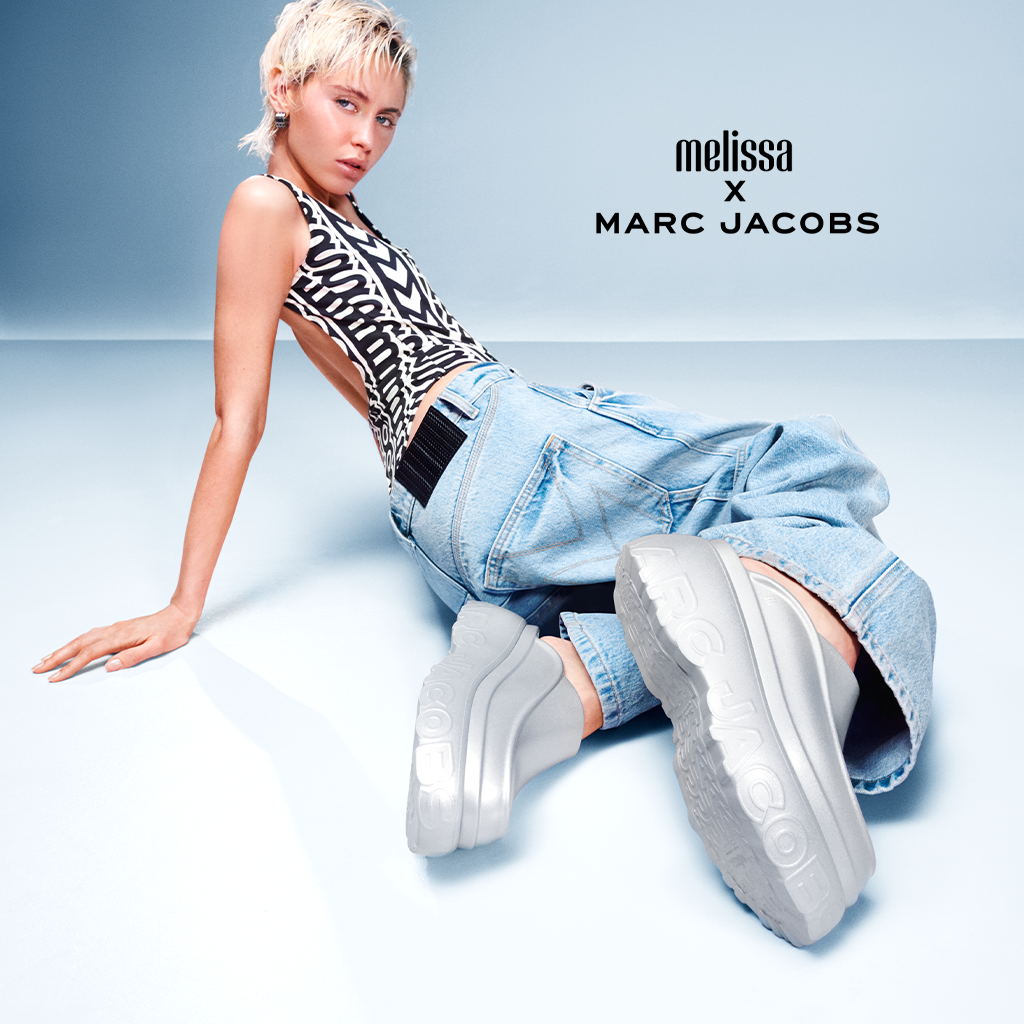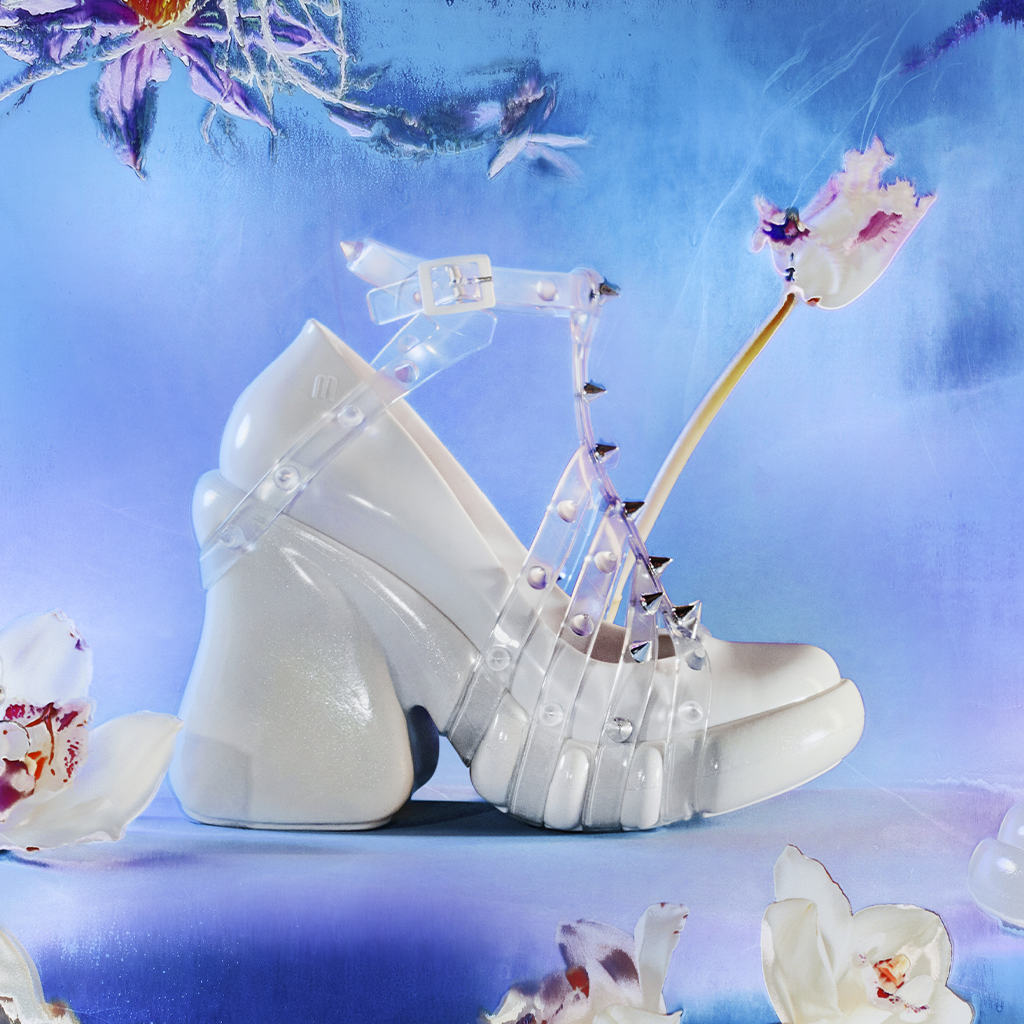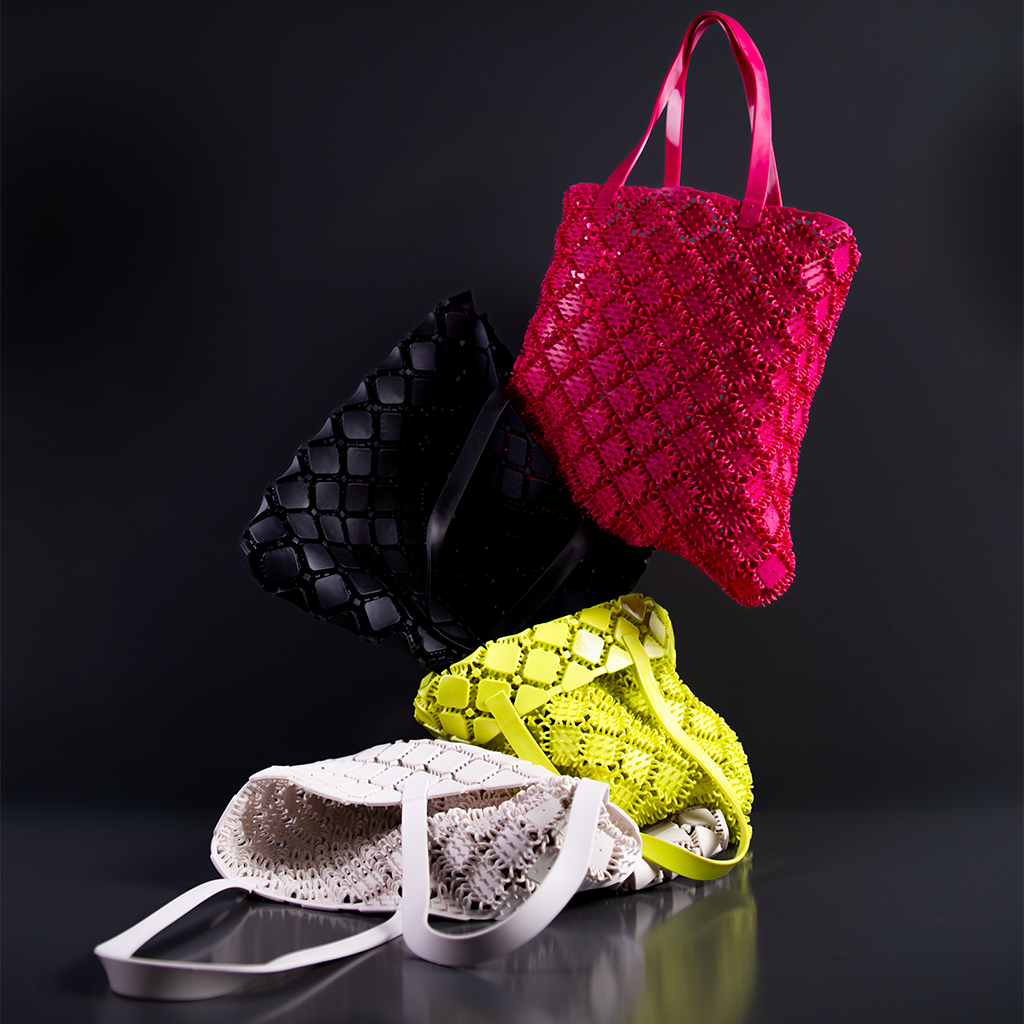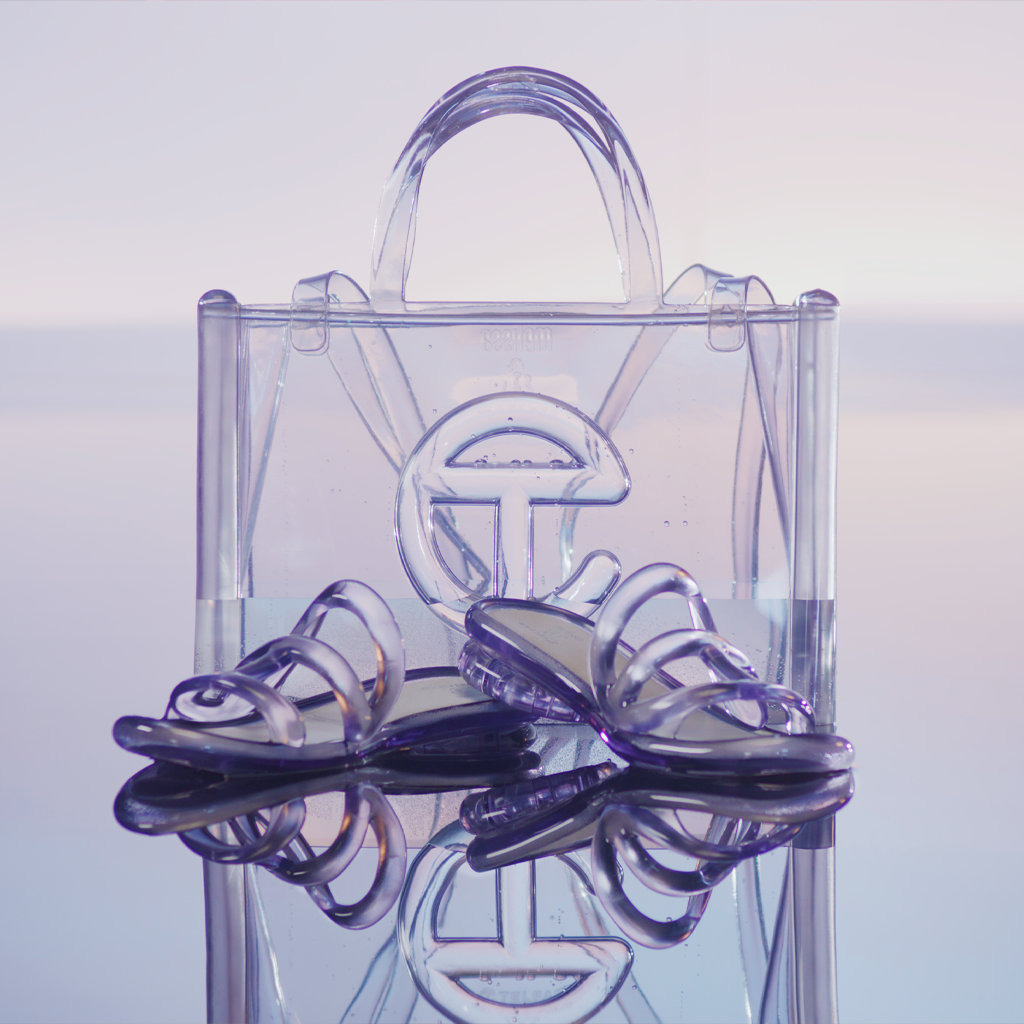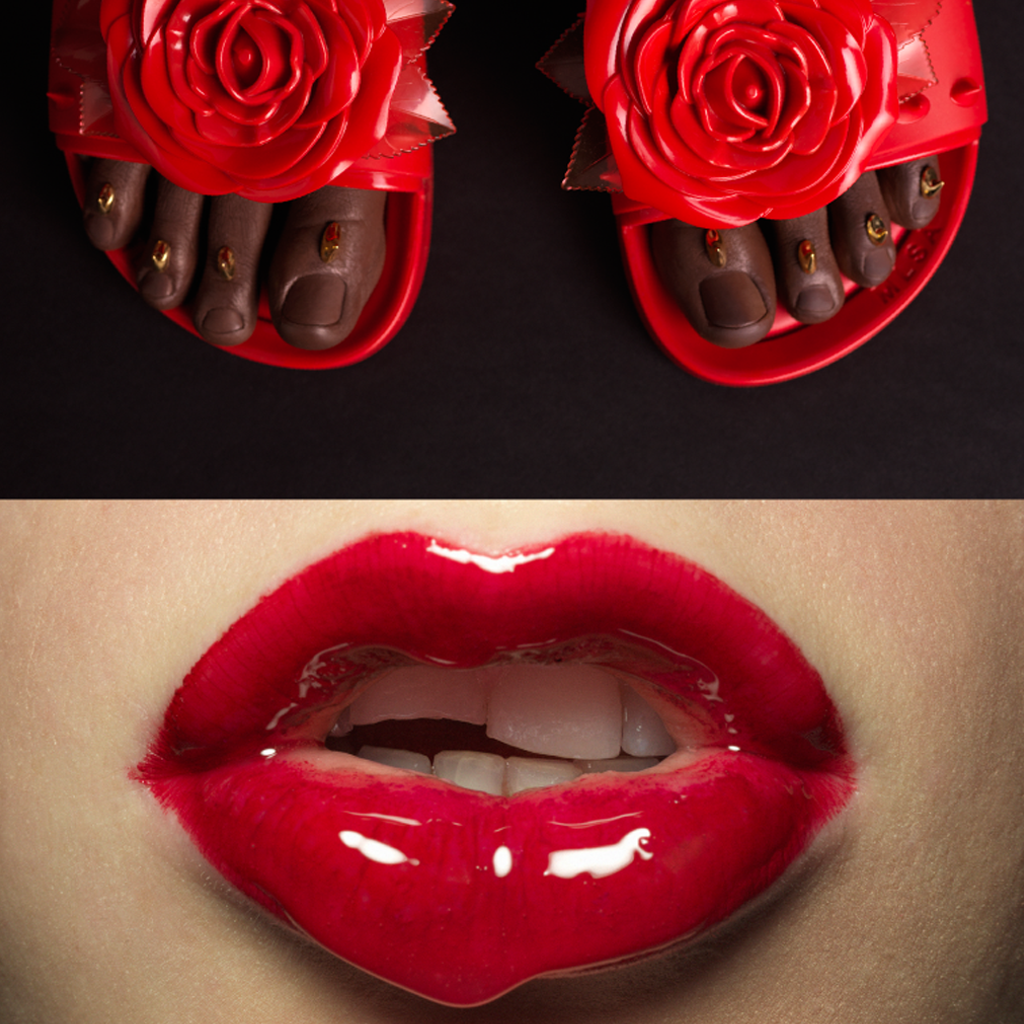Skip to content
Sustainability
.
An extraordinary tomorrow starts today by changing the way we design, create and care for our shoes.
See the strides we’re making towards a more sustainable future, and discover how you can take the best next step for your shoes.
We invite you to join us on our journey and be part of our sustainability story.
It all starts in Brazil…

Where are Melissas made?
Melissa is part of Grendene Global Brands, one of the world’s largest footwear manufacturers.
Grendene owns 100% of its factories. This means we know everyone who makes our footwear, and our customers know exactly where their shoes are made.
We believe that a more sustainable future is only possible through our people. Grendene generates over 16,000 jobs where employees benefit from good working conditions, fair wages, and career development opportunities.
Thanks to our Brazil-based operations, we invest in the communities surrounding our factories, while supporting local businesses too – 93% of Grendene’s spend is with Brazilian suppliers.
What are Melissas made from?

We are proud that our shoes are and always will be vegan with Melissa’s commitment to be cruelty free in 2017. Our products will never be tested on animals and contain no components of animal origin, as registered by the Vegan Society.
We create shoes you’ll not only love, you’ll love for a long time. Our main raw material, MelFlex, is a resilient kind of PVC made with Melissa’s own technology.
The simplicity of our materials keeps us one step ahead of the footwear industry, where traditionally the complex mix of different components have been challenging to clean and reuse or disassemble and recycle. MelFlex is a durable plastic that can be in use for many years before being recycled when returned to our specialist partners.

To play our part for a better planet, we never stop exploring more sustainable solutions. Many plastics are derived from fossil fuels, so bio-based materials made from plants offer a cleaner alternative. That’s why Grendene has redesigned its footwear to boost the volume of these renewable materials used as a whole — from 26% in 2021 to 48% in 2022.
Our USDA certified bio-based materials are made from sugar cane and vegetable oils and are used for specific models in the collection.
How are Melissas made?

Grendene is on a sustainability journey where every step taken seeks to promote more positive production practices.
Our shoes are manufactured mindfully: we balance our goal to give our customers shoes they love with the care we must show for our shared planet and its precious resources.
We treat 100% of our wastewater.
Thanks to the installation of water treatment stations in all our factories, we can also reuse the majority of our wastewater (86% in 2022) in our processes.
Fortunately, the water footprint of plastic is relatively low compared to other materials often used in the wider footwear industry (like leather or cotton). We track our water consumption carefully and know that 30% is used in the production of our shoes.
This means the majority is used to support the activities of our people, e.g. drinking fountains and restrooms.

Our factories are powered by renewable energy.
Melissa’s have been made using 100% renewable energy since 2018. Through the purchase of renewable energy certificates covering our electricity use, we have helped to reduce the carbon emissions of our manufacturing processes.
We are investing in greener infrastructure at our factories, too. For example, we have installed a Solar Power Plant at our factory in Sobral. Furthermore, in 2023, we will install over 4,000 panels at the new Crato factory, which will account for 34% of self-generated energy. The panels will also contribute to the thermal comfort of our employees.
By adding these solar panels to the roof, 2.5% of the average annual energy used to create our shoes is now powered directly by the Brazilian sunshine.

On our way to zero-waste excellence.
As part of our commitment to eco-friendly production, every piece of plastic left over from the creation of the shoes returns to the beginning of the process so that, on average, 30% of each shoe is made from this recycled factory waste.
But we don’t stop there: in 2022, 90% of our total waste was reincorporated in the production (so did not go to a landfill), and we are committed to becoming a zero-waste business where all our trash is treasured.
By example, we reuse leftover food and other organic materials to generate cooking gas and fertilizer.
How can I recycle my Melissas?

When returned to our specialist partners
The future of footwear is circular. This means rethinking our relationship with how we make, use and part with our shoes. Rather than throwing things away when we’re done (like a straight line), we can work together to keep materials moving (like a circle).
We are transparent about what our products are made from, and circularity starts with good design. PVC is a long-lasting and waterproof material that is easy to wash, ready for reuse, and can be melted and remade into useful products from flooring to furniture – giving them a new lease of life.


